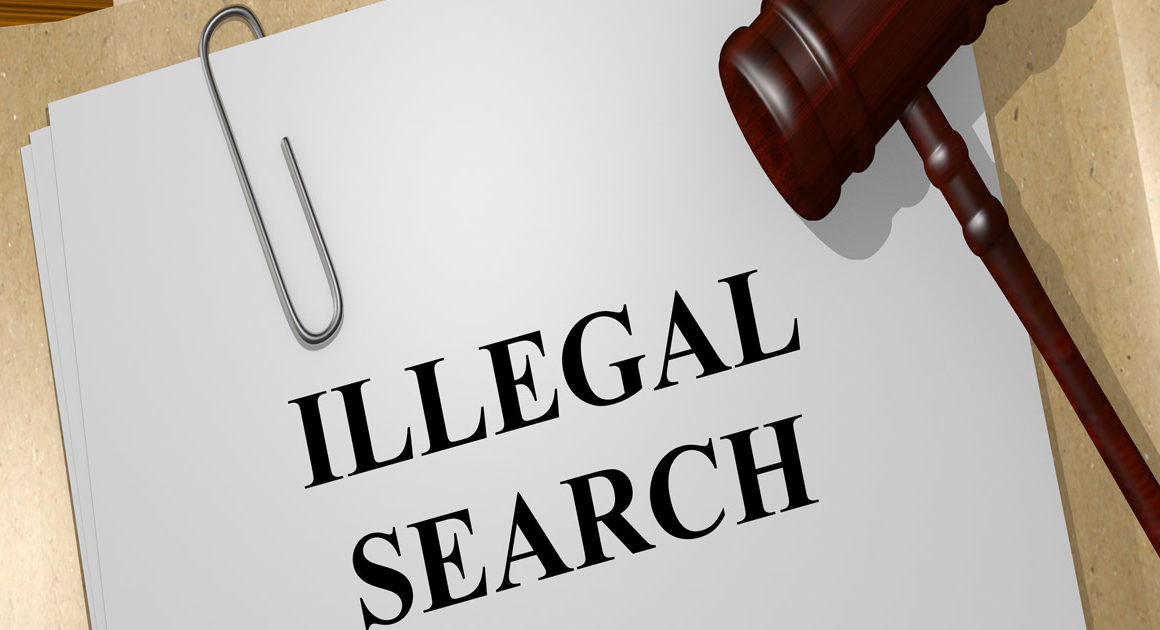Can Evidence Collected in an Illegal Search and Seizure be Used in Court?
American citizens enjoy several individual rights, including the right against an illegal search and seizure. This right ensures citizens have a right to privacy. Any evidence obtained during an illegal search and seizure is usually not admissible in court.
The source of the right against illegal search and seizure stems from the Fourth Amendment of the U.S. Constitution; it allows U.S. citizens to have their privacy protected. In order for a police officer to search someone, they must have a reasonable or probable cause.
When is a Search and Seizure Legal?
A police officer exercises their own discretion when making an arrest pursuant a search and seizure. In order for the search and seizure to be deemed illegal, the search must be conducted by a government agent, and any evidence obtained by a private individual will not be deemed illegal.
According to the law, when a government agent violates a legitimate expectation of one’s privacy, the evidence obtained from such a violation should not be admitted into evidence. Before a law enforcement officer enters an individual’s home, the officer needs to obtain a warrant based on probable cause that has been signed by a magistrate.
Stop and Frisk Searches
Police often stop and frisk individuals when they are detained at checkpoints or after arrests. Evidence obtained from such stops may be allowed and the search may not be considered illegal. However, police must have a non-discriminatory justification to conduct the checkpoint or arrest.
There are several exceptions to the prohibition of a search and seizure without a warrant. Often, exceptions entail nuanced legal analysis based on case law and precedent. Whether the search and seizure was illegal can be highly fact specific, requiring in depth knowledge of criminal law.
For example, a police officer’s search may be legal if it was based on a reasonable suspicion of impending criminal activity, or a crime was committed in the police officer’s presence. Also, if the officer is under reasonable suspicion that the individual is armed, the person may be frisked, patted down, and searched. If evidence is found during the search, it is admissible and the search is deemed legal.
What is the Exclusionary Rule?
The exclusionary rule prohibits illegally obtained evidence to be used in a court case. When evidence is obtained from a search that is illegal, that evidence is excluded. In order for the evidence to be allowed, the search and seizure must be made legally. Usually, the evidence is obtained pursuant to a valid warrant that was based on probable cause; however, there are several exceptions to this exclusionary rule. A criminal defense lawyer must persuade the judge to dismiss the evidence.
Haddonfield Criminal Defense Lawyers at Aita Law, LLC Defend Those Accused of Crimes During Illegal Searches
If you suspect that a police officer obtained evidence in an illegal search and seizure, contact us right away. Our Haddonfield criminal defense lawyers at Aita Law, LLC defend those charged with crimes. Our attorneys provide aggressive and thorough counseling to protect the rights of our clients. For a free consultation, contact us online or call us at 856-287-7800. Located in Haddonfield and Marlton, New Jersey, we serve clients throughout South Jersey, including Cherry Hill and Camden County.

